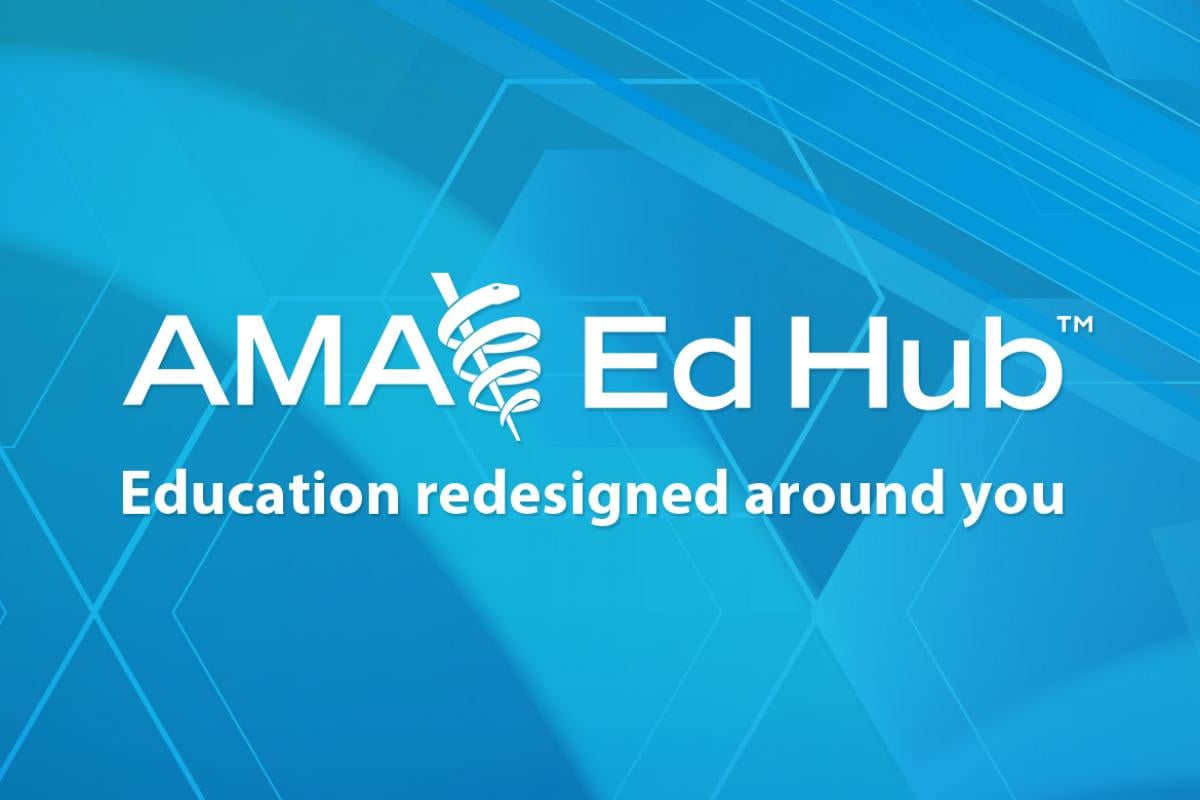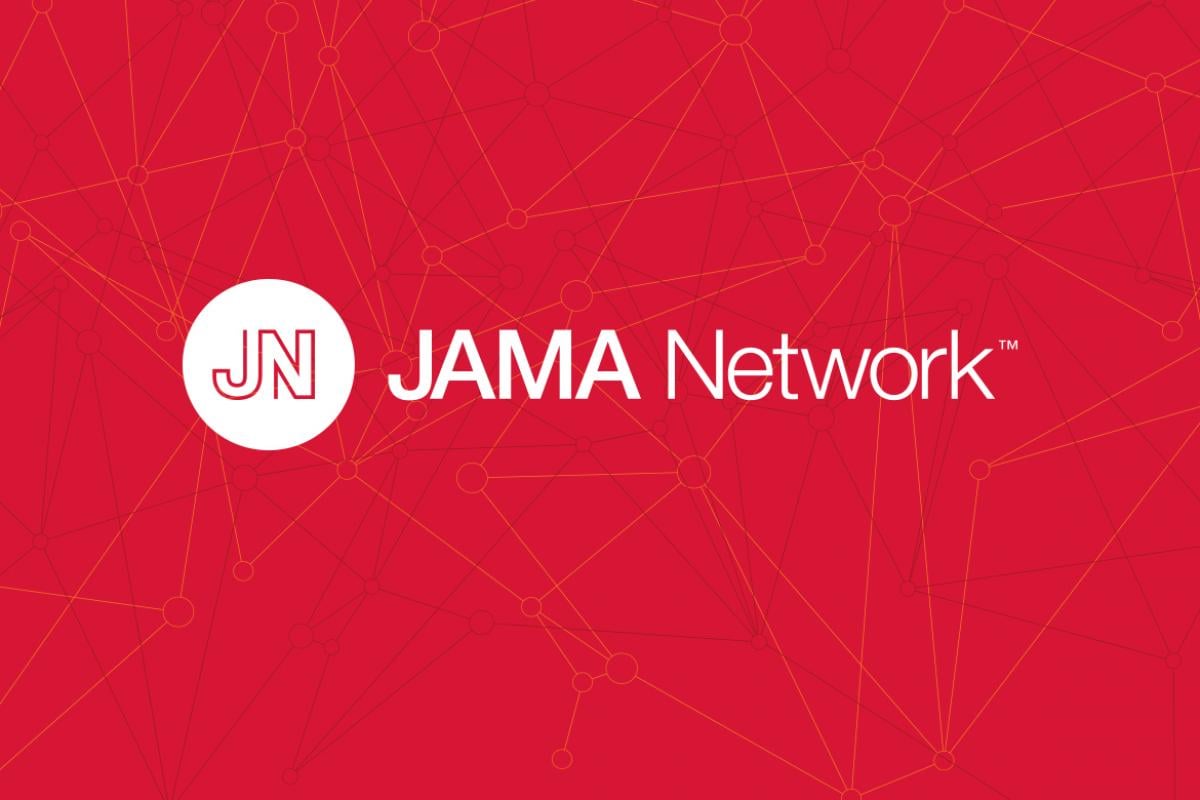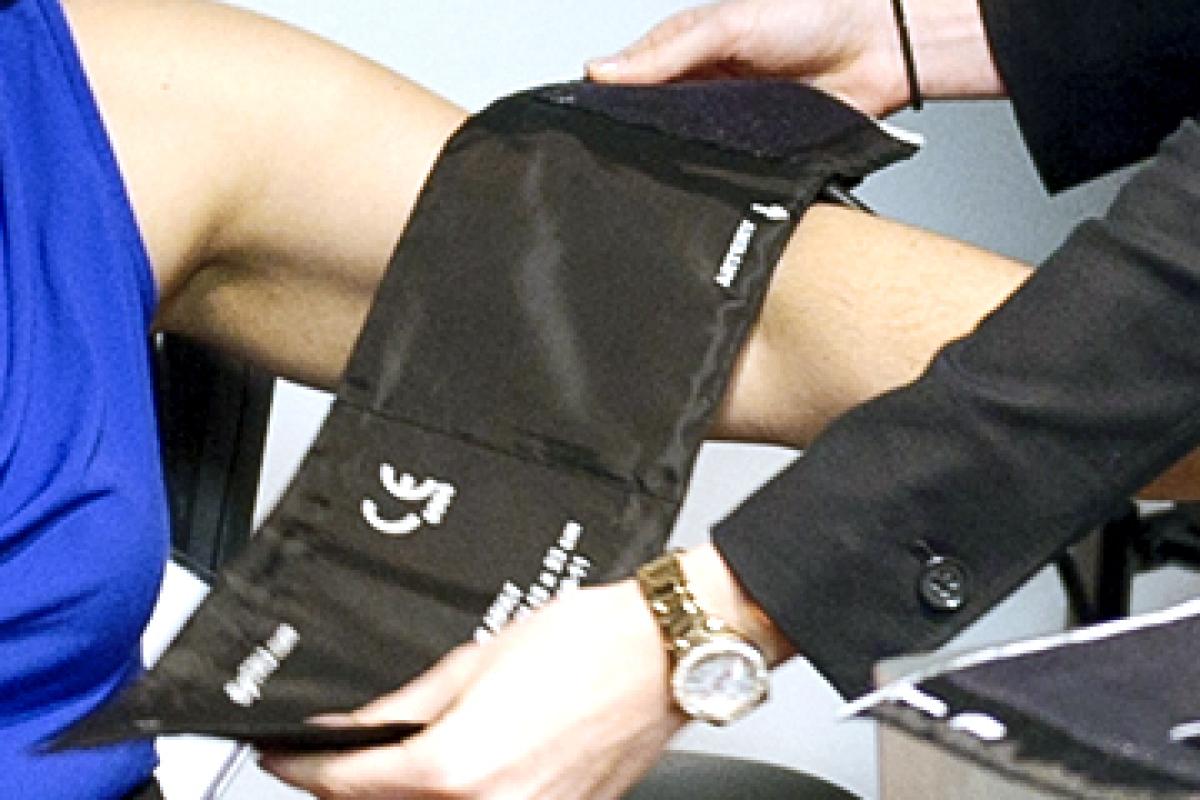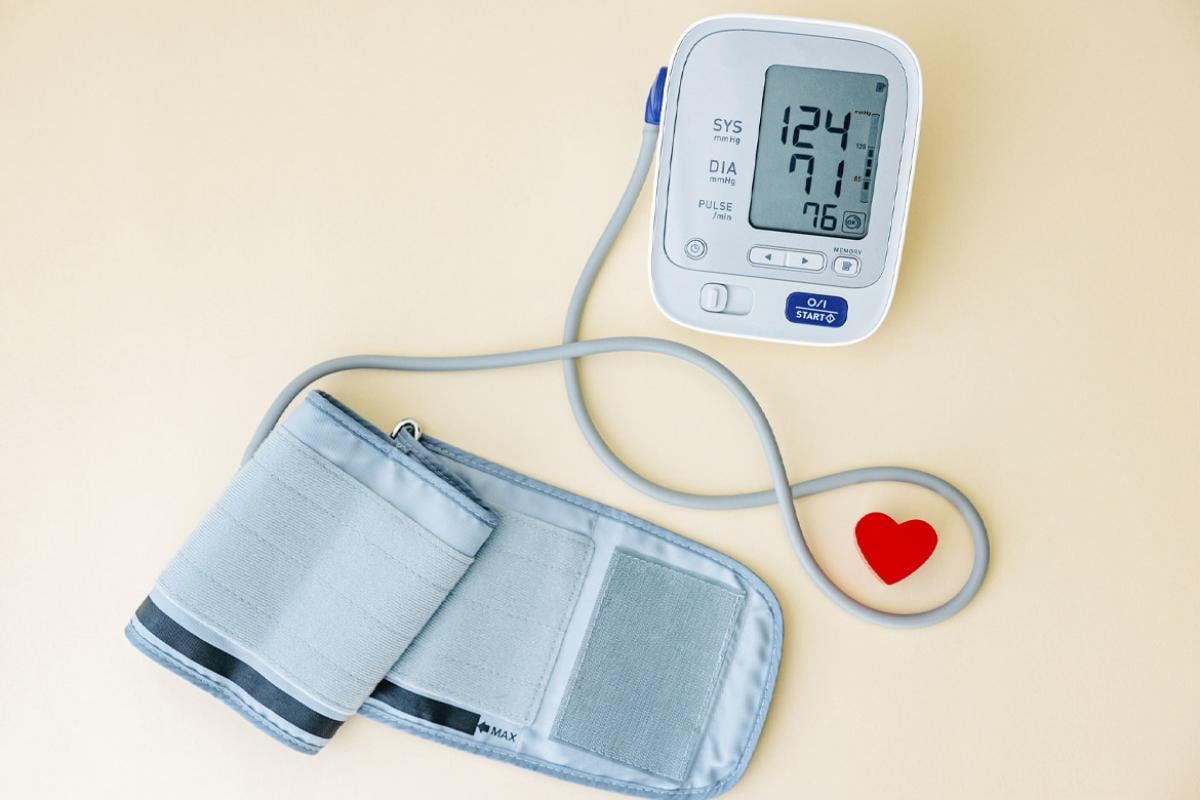Hypertension Control
Hypertension, also known as high blood pressure, affects one out of three Americans. If left untreated, hypertension may eventually lead to health problems, including heart disease. Learn more about the latest efforts to combat hypertension at the AMA.







